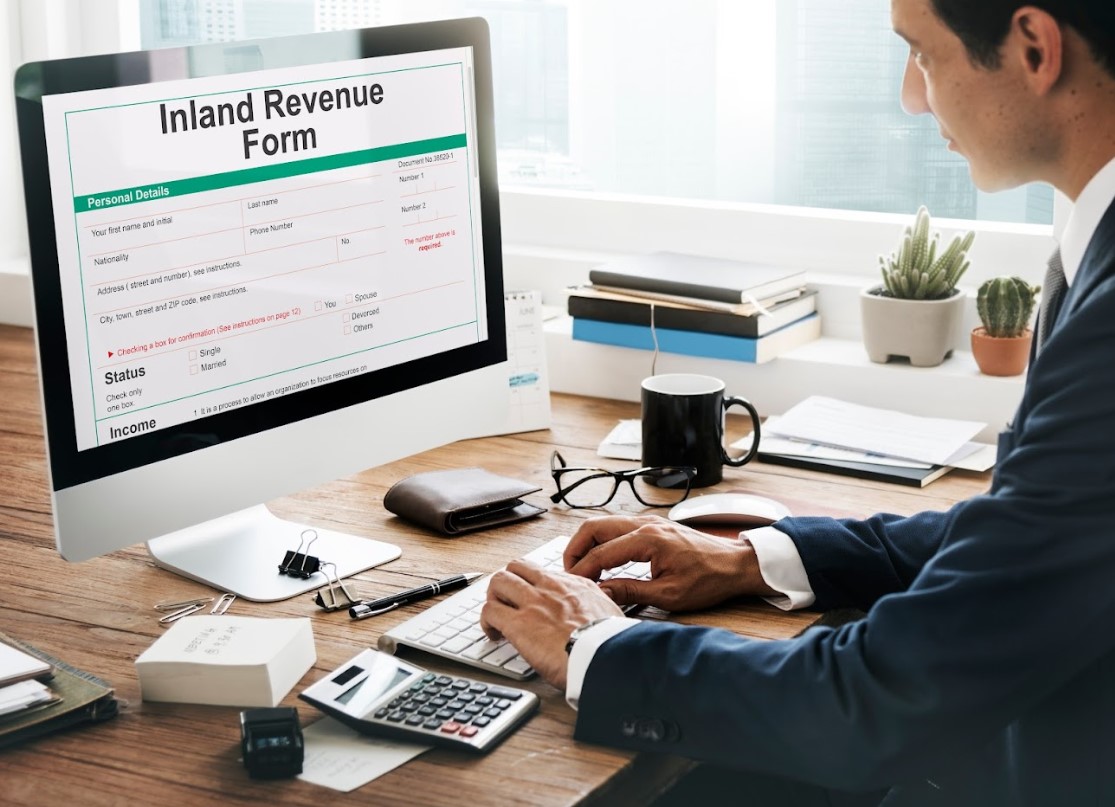
4 New Norms All Accountants and Finance Personnel Should be Ready For
Since 2020, everyone has been talking about new norms. Among many accountants and finance personnel in small and medium enterprises (SMEs) and even large companies, there were a lot of restructuring, adapting, and evolving to new working environments and behaviours. Now that we are back in the office and slowly returning to relative normalcy, what happens to these new (now rather old) norms?
So, to shed light on post-pandemic situations, we identified some newer norms all companies should be prepared for, specifically for accountants, bookkeepers and the general finance department. These even newer norms affect how we work as we transition towards digital spaces and make use of better technology.
1. Growth of Cloud-Based Accounting Software
Most SMEs in Asia have traditionally relied on desktop accounting software developed by conventional software providers, such as Microsoft. Today, many desktop-based providers have since upgraded their software to include cloud capabilities. This evolution is in-line with a growing trend of cloud computing that has since dominated workplaces.
Cloud computing is basically using an external remote network of servers to manage, store, and process your data. It eliminates the need for physical storage and servers which often takes up a lot of overhead costs for SMEs. Cloud-based accounting software makes it easier to manage financial data and communicate seamlessly among stakeholders.
Cloud-based accounting software can also synchronise information which allows them to directly connect to banks. Banking transactions will be automatically loaded into the accounting system, making your financial data accurate and updated. This, together with plenty more advantages of cloud accounting software, made it a popular choice among accountants in the new norm of hybrid and remote working.
2. Paperless Record-Keeping
Is your department still keeping and saving thermal receipts and hardcopy supplier invoices, fearful that they might fade and become invalid over time? Physical paper, which takes up space and time to organise and file, might now be a thing of the past.
In reality, accountants are now going paperless with the use of the Optical Character Recognition (OCR), Artificial Intelligence (AI) and Machine Learning (ML) capabilities. They either keep softcopy versions of their invoices and receipts without the need to print them out or input everyday miscellaneous receipts into cloud software.
Other benefits of going paperless, supported by cloud accounting software:
- Save time and space for filing and managing documentation
- Easier access and transfer of information across stakeholders
- Boost security by ensuring the system or software is encrypted
- Easy to track changes and keep records timely and accurate
3. Outsourcing to Accounting Service Providers
According to an observation by Forbes, the pandemic has led to an increase in outsourcing, be it for IT, logistics, or accounting functions. And as businesses would find out, outsourcing has great benefits when partnered with the perfect provider. Outsourcing is thus here to stay in the newer norm.
In addition, accounting and finance operations in many businesses have frequently been seen more as cost-guzzling ventures rather than profit-making. As a result, businesses are more likely to outsource these services as part of cost-cutting initiatives, especially if the accounting service providers can provide seamless support. Apart from cost benefits, choosing outsourced service providers rather than recruiting permanent in-house workers will convert the salary fixed cost element into a variable cost of being billed according to the number of transactions per period whilst lessening employment compliance requirements.
Thus, businesses should consider outsourcing their service providers to reduce in-house overhead, contain staff turnover, and gain better clarity into manpower productivity.
4. Value-Added Accounting Services
Businesses that outsource accounting functions no longer expect the bare minimum. They demand value-added services beyond regular data entry. Accounting treatment, employer regulatory responsibilities, and tax guidance are all examples of value-added services.
Therefore, you can expect accounting service providers to have the necessary resources and capabilities to support your department, and your business as a whole. Should you decide to outsource, look for a partner with the right business acumen who can provide strategic guidance where SMEs rarely have access to highly experienced CFO.
Accounting service providers like Ledgen, for example, possess strong analytical abilities that will help businesses understand business performance and plan accordingly.
Conclusion
How does your current accounting function work? Are you utilising the available options to improve your accounting? Do you have a lot of personnel turnover? Are you on track to satisfy your deadlines to your key stakeholders?
To excel and deliver the desired quality of service to their clients, accountants in the newer norm will need to exhibit agility in adjusting to changes in accounting standards, tax regulations, and technology.
Our accounting specialists in Singapore, Hong Kong, and Malaysia have a wealth of experience aiding clients with setting up and maintaining a proper set of accounts that are tailored to meet your internal management requirements. Work better and smarter in the newer norm with us today.
Get in touch and discover how we can help
Got a question or inquiry? Come talk to us today.
Contact Us


